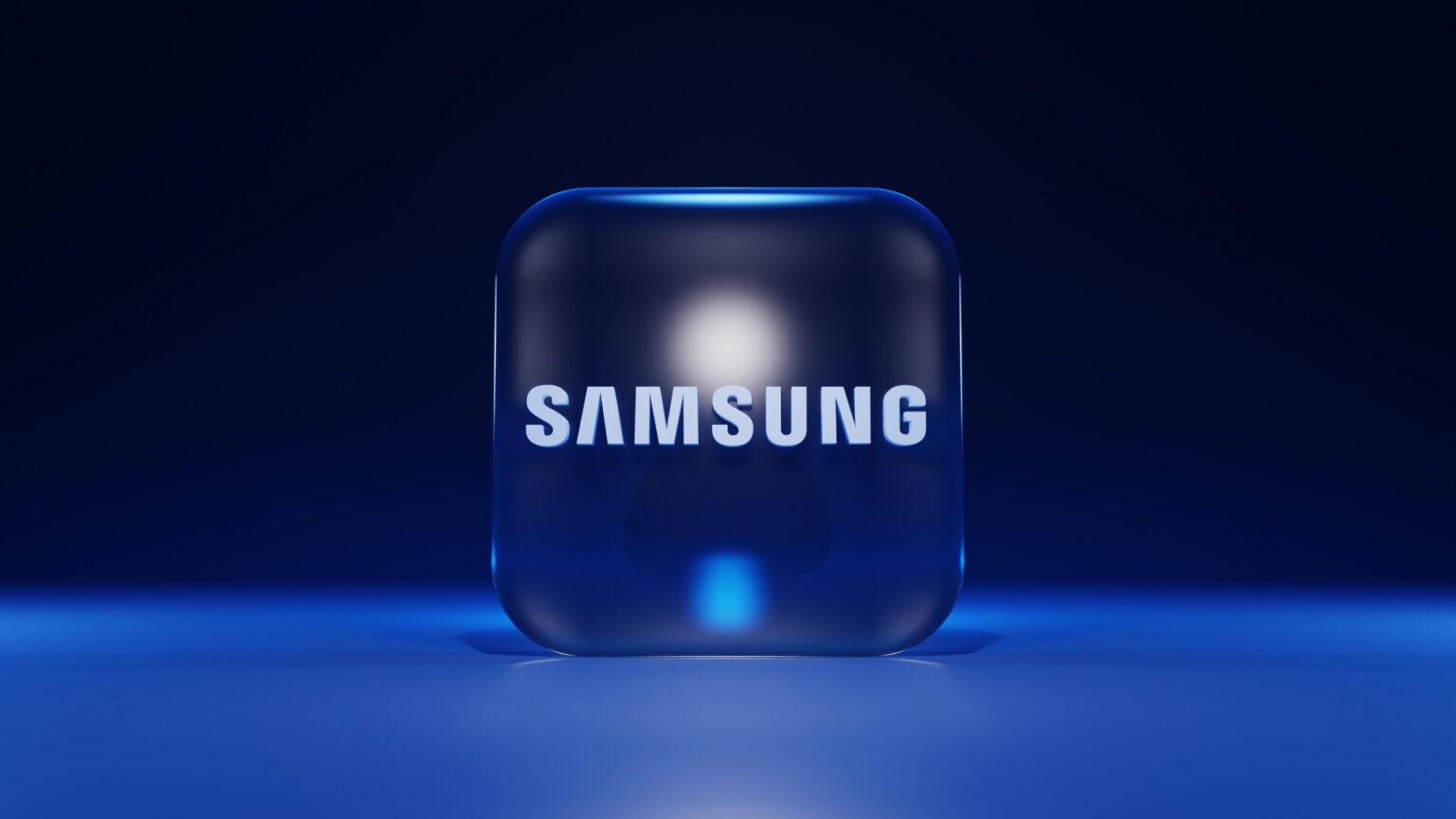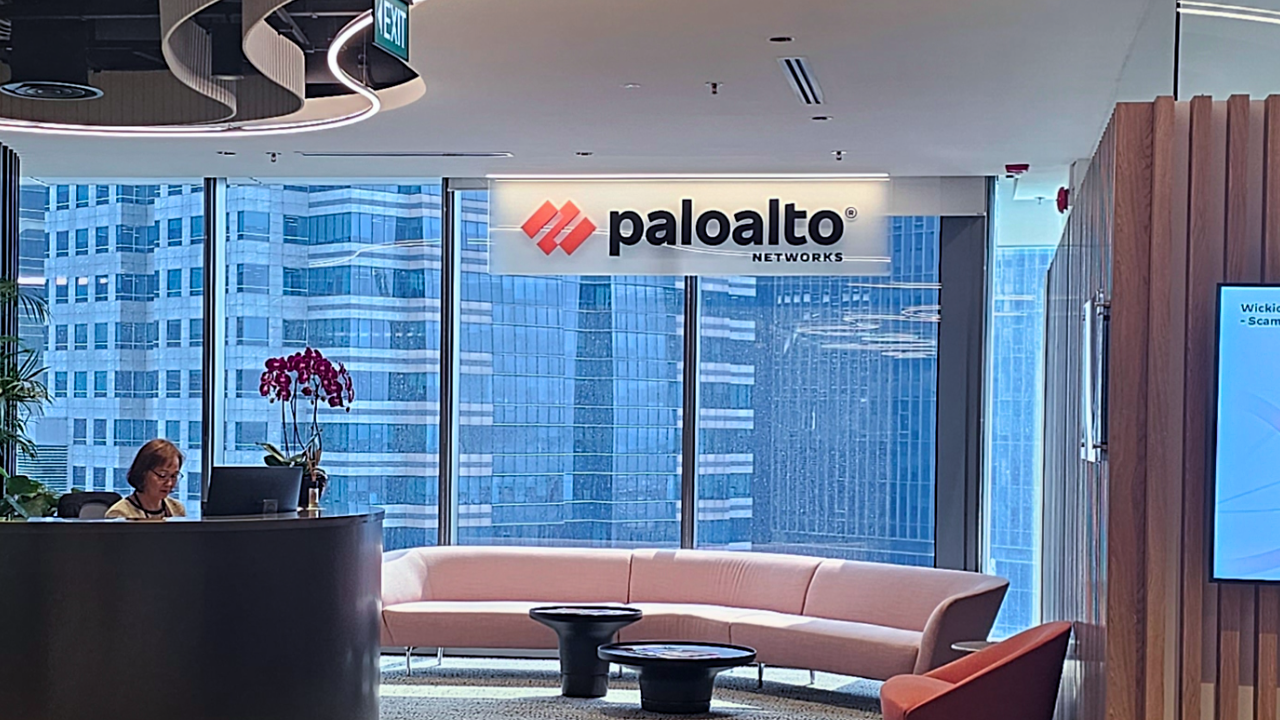Washington’s decision to revoke its licence to export US semiconductor manufacturing equipment has shocked the market and led to declines in the shares of South Korean giants.
The new regulations directly hit the Chinese operations of Samsung Electronics and SK Hynix, making it difficult for them to upgrade their factories and potentially weakening their global competitive position.
SK Hynix shares lost 4.8 per cent on Monday, reflecting the company’s heavy exposure to the Chinese market – an estimated 30-40 per cent of its DRAM and NAND memory bones are made in China. Samsung’s situation is relatively better, as all of its DRAM production takes place outside China.
Still, with around a third of its NAND chips coming from Chinese factories, the company’s shares fell 3%.
The change in policy is seen as part of the US administration’s tightening course towards China and an attempt to limit the transfer of advanced technology. The withdrawal of the permits, which will take effect in 120 days, coincided with the first meeting between the US and South Korean presidents, although US officials say the decisions are unrelated.
The move will also hit US equipment manufacturers such as KLA, Lam Research and Applied Materials, limiting their sales to China.
Analysts point out that while the short-term impact on Korean manufacturers may be limited – both companies were already planning new production lines mainly in South Korea – in the long term, competitors may gain.
This points primarily to US-based Micron, which relies less on Chinese factories for its production. There is also speculation that, in the face of restrictions, Samsung and SK Hynix may increase cooperation with Chinese equipment suppliers. An additional source of uncertainty remains the threat of 100% tariffs on semiconductor imports, which could seriously disrupt the global supply chain.












